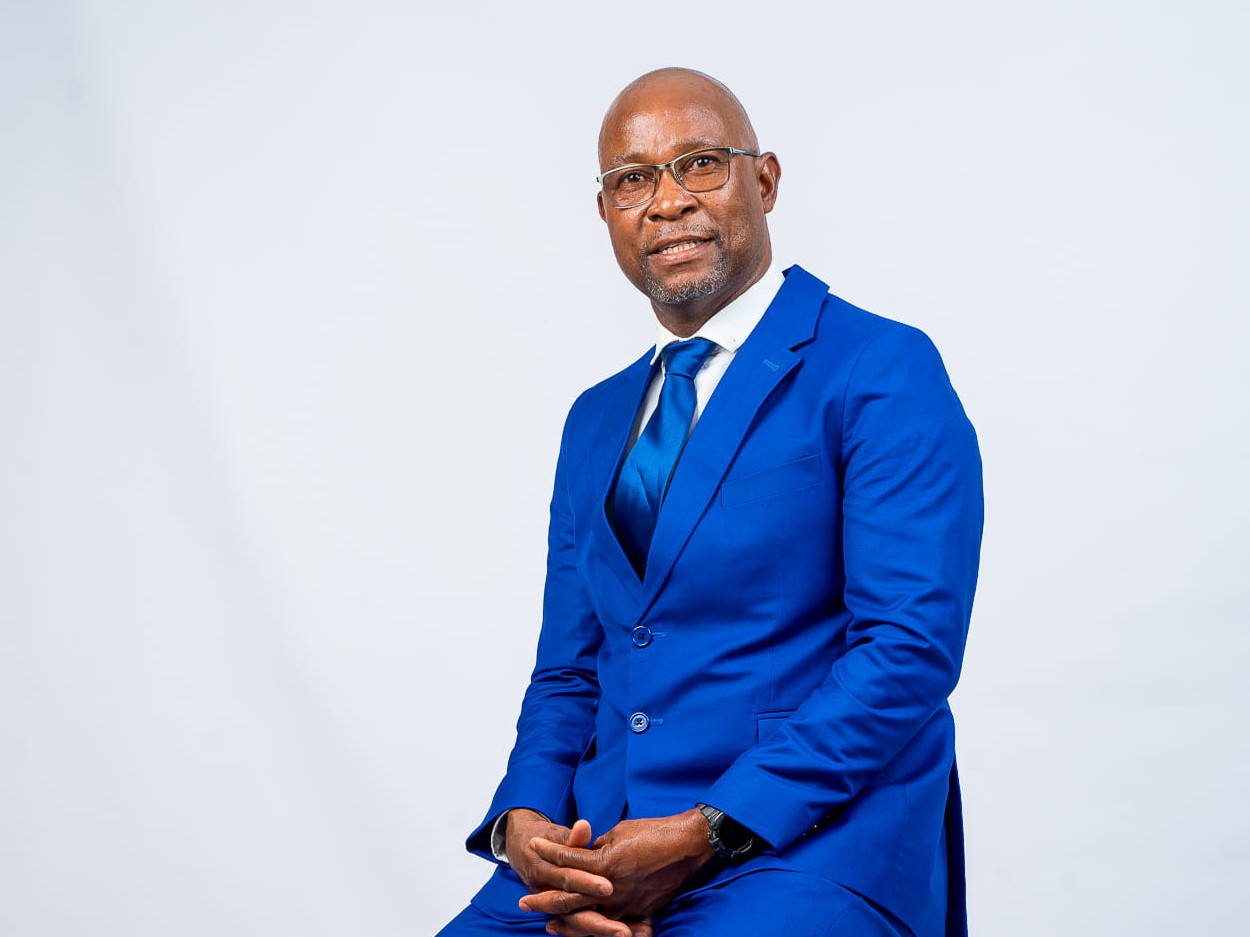On the sidelines of the recent Joint Meeting of SADC Ministers Responsible for Education and Training and Science, Technology and Innovation, Botswana’s Assistant Minister of Child Welfare & Basic Education, Honourable Justin Hunyepa, led a government delegation on a pivotal benchmarking visit to Zimbabwe’s GeoPomona Waste Management Company. The purpose of the visit was to study Zimbabwe’s innovative waste-to-energy model and assess its potential applicability in addressing Botswana’s escalating waste management crisis.
Waste management remains a pressing challenge for Botswana as urbanization and population growth continue to generate increasing volumes of waste. Traditional landfill methods are proving unsustainable, creating environmental concerns and straining municipal resources. Against this backdrop, the GeoPomona facility in Zimbabwe represents a promising alternative—transforming waste into usable energy, thereby reducing landfill dependence while contributing to renewable energy generation.
The key question on the table is whether Botswana can successfully adapt this waste-to-energy model to its local context. While the technology and approach hold significant promise, their adoption would require tailored solutions that consider Botswana’s unique waste composition, regulatory environment, and infrastructure capacity.
To realize such adaptation, several critical steps are necessary. First, comprehensive feasibility studies must be conducted to understand technical and financial viability within Botswana’s urban centers. Second, capacity building and stakeholder engagement—including municipal authorities, environmental agencies, and private sector partners—are essential to foster coordinated implementation. Third, policy frameworks that encourage sustainable waste management and renewable energy initiatives will be vital to support investment and operational success.
Honourable Hunyepa’s visit marks an important stride in Botswana’s commitment to innovative and sustainable waste solutions. By learning from regional peers like Zimbabwe, Botswana aims to forge a path towards efficient waste management systems that protect the environment, stimulate green energy, and enhance public health.
As Botswana explores the feasibility of the waste-to-energy approach, collaboration and knowledge exchange within the Southern African Development Community (SADC) region will remain key. Successfully adapting Zimbabwe’s model could position Botswana as a leader in sustainable waste management innovation in Southern Africa, ultimately transforming a growing environmental challenge into a valuable resource.










